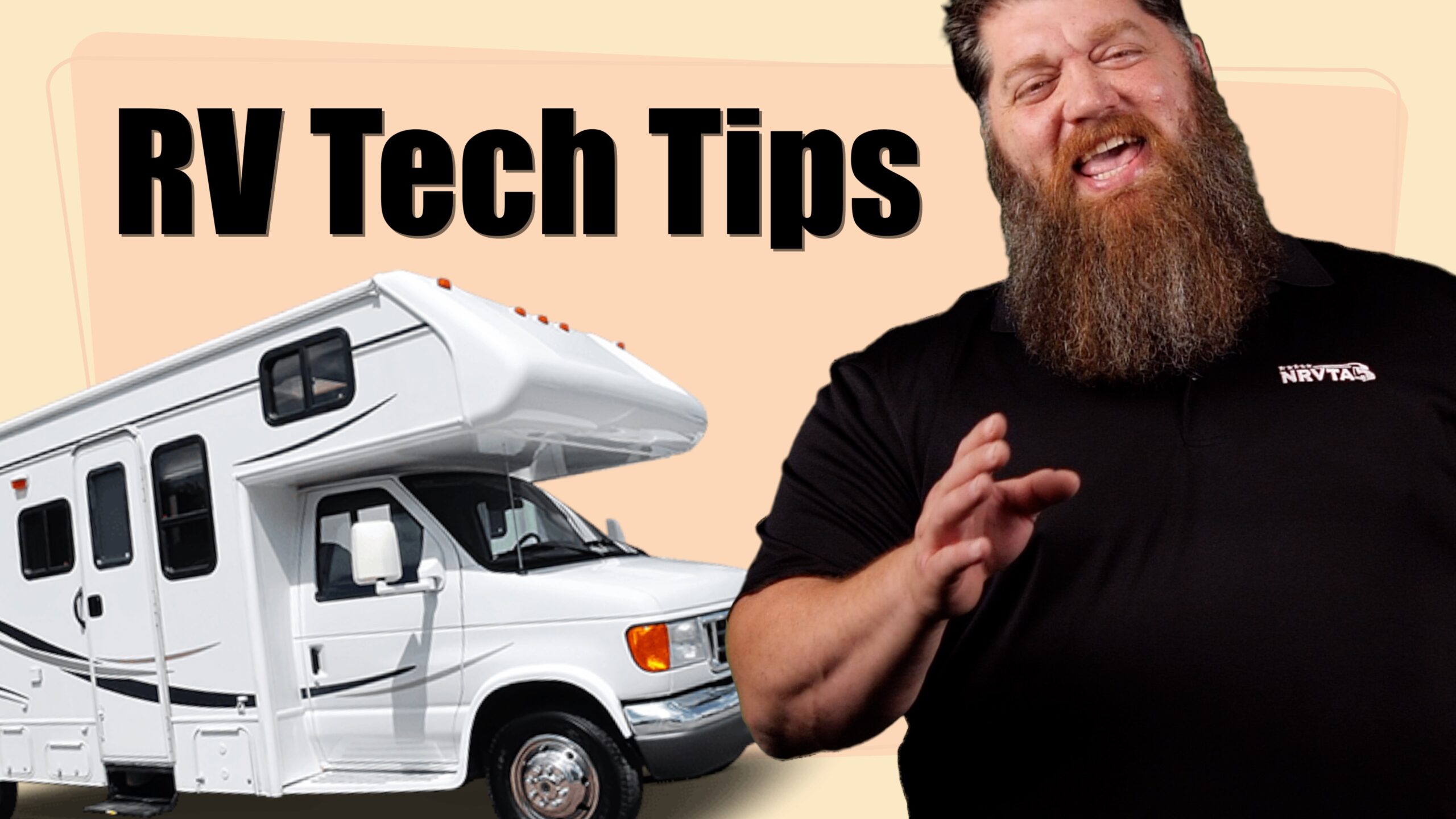Get your RV Technician Certification in as little as 5 weeks!

You’ve found the ideal RV – one that you know will meet your family’s needs for years to come. You’re so excited that you can’t wait to get out and enjoy new adventures with this new RV.
But, is it the best RV for you?
“There is no such thing as the perfect RV,” said Todd Henson, an instructor at the National RV Training Academy. “However, there are five things you need to consider when choosing your first RV.”
1. What will you do with the RV?
The first thing people often question is whether to get a towable RV or a motorized unit. If motorized, do they get a Class A, Class B or Class C model? If towable, will a travel trailer do, or should they invest in a fifth wheel?
Someone who plans to spend more time in the mountains of Colorado than the beaches of Florida, may have different needs. While a 40,000-pound diesel motorhome may be a great thing to drive over mountains, it may be extraordinarily difficult to navigate through sand.
Will you be plugged into power wherever you travel, or do you like to boondock? If you really want to getaway from it all, you’ll want solar panels and a good generator.
2. Size matters.
If you are planning on visiting a national park, those campgrounds cannot often accommodate rigs over 35 feet in length. The same is true on Bureau of Land Management properties.
Whenever you make a reservation at any campground, the first question you’re often asked is how big is your rig. That’s because many campgrounds won’t be able to accommodate a 43-foot fifth wheel plus a truck. However, seasonal campgrounds are often better able to accommodate larger rigs than overnight RV parks.
3. Consider the floorplan.
All RVs have the same components inside, whether it is built by Dometic, Norcold, Coleman or Suburban. However, how they are arranged within the RV may make a difference to you.
Some people like a bedroom in front of a fifth wheel, while others like to have it in back. Some like an island in the kitchen while others prefer a larger pantry over more counter space. Do you need a sofa or would you rather have two recliners? Do you like dining booths or standalone tables?
There are a lot of options when it comes to floorplan design. The bottom line is that you have to like it. If you don’t like the floorplan, you won’t use the RV regardless of how good a deal you receive from the seller.
4. How long will you be living in the RV?
If the RV will be your full-time home, you’ll probably want more space than someone who will only use the RV on weekends or maybe a week or two during the summer.
When it comes to full-time travel, a good rule of thumb for selecting an RV is this: If you will be motoring (traveling) more than you’re at home, then you’ll probably like a motorhome. However, if you will be home more than you’re traveling, you’ll appreciate a fifth wheel. And if the RV is only going to be used on weekends or for short trips, a travel trailer is a better option
5. Where will you store the RV?
It’s easy to get distracted by bells and whistles inside the RV and the various layout options, too. But where you will store an RV may influence your final decision.
Some communities have laws against parking RVs in a driveway or next to the garage. So, your RV will either have to fit in the garage or be stored off site. Storage lots generally base their monthly charges on the length of an RV. Convenient nearby storage options will play a role in narrowing down your RV choices.
Of course, if you’re a full-time RVer, storage won’t matter. But if you need a place to park the RV when not in use, you’ll have to consider paying for inside storage, covered parking or for space on an open lot.
There are lots of things to consider when buying a new RV that go far beyond an asking price. Take time to determine how you’re going to use an RV and what features you really need before you start shopping.
Once you buy a new RV, if you want to learn how to fix the majority of problems you’ll encounter on your rig, check out the programs offered by the National RV Training Academy. You can even find information about becoming a certified RV technician or inspector by visiting www.nrvta.com.
Get Registered Today!
Talk to a student advisor to learn more!
